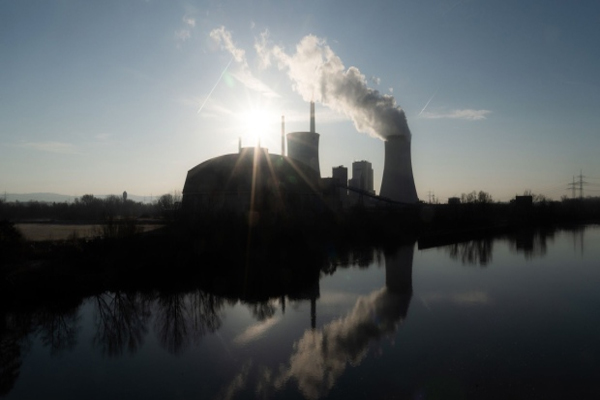
Iain Rogers, Bloomberg News
BERLIN
EnergiesNet.com 03 17 2022
German Finance Minister Christian Lindner proposed tapping sources including nuclear power and coal to help Europe’s biggest economy through the current energy crisis, potentially setting up a clash with his Green Party coalition partners.
Lindner’s business-friendly Free Democrats agreed to weaning Germany off fossil fuels and shifting more rapidly to renewables in last year’s coalition deal, but is less committed than the Greens.
With the country’s last three nuclear reactors slated to go off line this year due to an exit plan sealed under former Chancellor Angela Merkel, the environmental party is bristling at undoing years of activism.
Economy Minister Robert Habeck, a former co-leader of the Greens, has said nuclear energy isn’t a feasible option to help reduce reliance on Russia for energy and offset surging prices, citing security concerns and fuel issues.
Lindner is now pushing back and said the fallout from Russia’s invasion of Ukraine means the three ruling parties — including Chancellor Olaf Scholz’s Social Democrats — “have to take another look at certain commitments in the coalition agreement.”
Germany should consider “support for oil and gas in the North Sea,” he said late Tuesday in an interview with public broadcaster ARD.
Other options should include “using energy derived from coal, and also whether, at least on a temporary basis, nuclear power can play an emergency role,” he added.
The debate over surging energy costs, which has extended to gasoline prices, is heating up ahead of the regional election in Saarland at the end of this month, the first state vote since September’s national election.
Despite the tension, the coalition found enough common ground to proceed with some measures to ease pressure on consumers, including tax relief for commuters. The 4.5 billion-euro ($5 billion) measure was approved by cabinet on Wednesday, Lindner said on Twitter.
Lindner had already raised hackles among the Greens with his proposal for a gasoline rebate to help motorists and businesses struggling with higher pump prices.
The temporary rebate is aimed at bringing the price of a liter of gasoline back below 2 euros and could cost the government as much as 2 billion euros ($2.2 billion) a month.
Ricarda Lang, a co-leader of the Greens, reiterated late Tuesday that while relief for consumers is certainly required, people really in need should benefit the most from any government measures.
“Exploding heating costs and high food costs” also need to be tackled, Lang said in an interview with public broadcaster ZDF.
The Greens have proposed what they call “Energy Money,” which Lang said would have a “broader impact” than a gasoline rebate.
“All citizens would have more in their accounts and that’s why this is our proposal,” Lang said. “Now we are going into the coalition negotiations.”
bloomberg 03 16 2022











